What it takes to be beautiful: The inside story
That perfume that makes you smell so good, the bright lipstick that makes heads turn, the subtle make-up that ups your hotness quotient – all these may have a dark side. Across the world, hundreds of cosmetic products are tested on animals, just to ensure that there are no side effects or allergic reactions in humans.
The horrors of animal testing
Most tests involve applying the product in development to an animal, on the eyes, mouth, paws, or skin, and observing if there is any adverse reaction. Since product development is based on trial and error, the procedure is repeated as often as necessary, causing extreme agony to the animals. The result: blindness, emotional trauma, loss of hearing and often death.
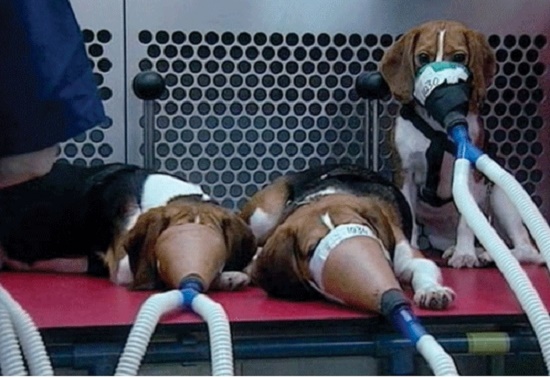
Most of these animals are put in cages, cages so tiny that the only movement possible is either to sit or stand. If the unfortunate creatures have the energy to move, that is. Many animals’ vocal cords are also cut so that they don’t bark or make noises that disturb the researchers.
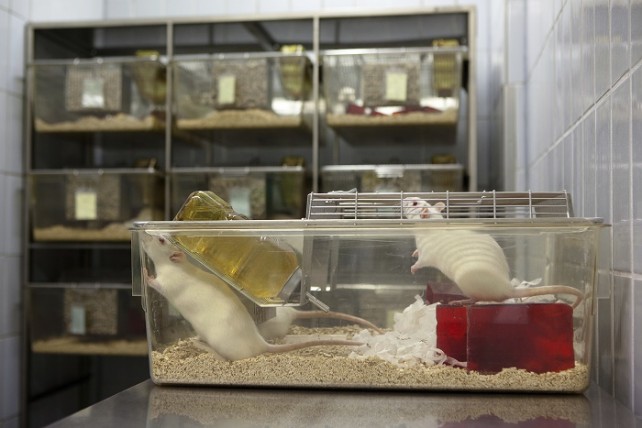
A couple of years ago, a UK-based international cosmetics chain conducted a small experiment to showcase this dreadful animal testing in practice. A woman volunteered to undergo all the procedures and tests that an animal is subjected to. To create awareness, the experiment was conducted in a glassed enclosure on a busy street. What she underwent in a span of just 10 hours was simply horrifying for passersby.
Is it legal or has it been banned?
Animal rights organizations have long been advocating a complete ban on animal testing. However, a few countries require animal testing for cosmetic products as part of a legal mandate. The Chinese government conducts mandatory animal testing for cosmetic products that are to be imported. Brazil also requires some cosmetics to be tested. But cosmetic animal testing is banned in the European Union, Israel and Norway. India is a recent addition to this list, banning import of animal tested cosmetics from October last year.
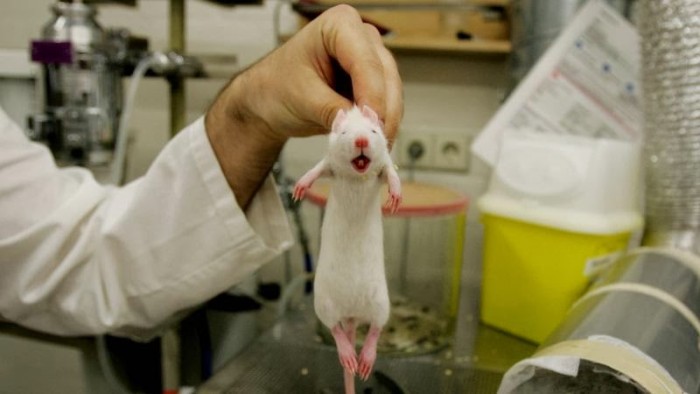
The alternatives to animal testing
The age-old logic offered by groups still in favour of animal testing – that human biology is very similar to that of many animals – does not hold good any longer. Many research scientists and organizations have realized that animal testing is not only cruel, but also limited in its applications and usability, and have opted for alternative methods. These include in vitro methods that use human cells and tissues, advanced computer-modelling techniques and even the participation of human volunteers.
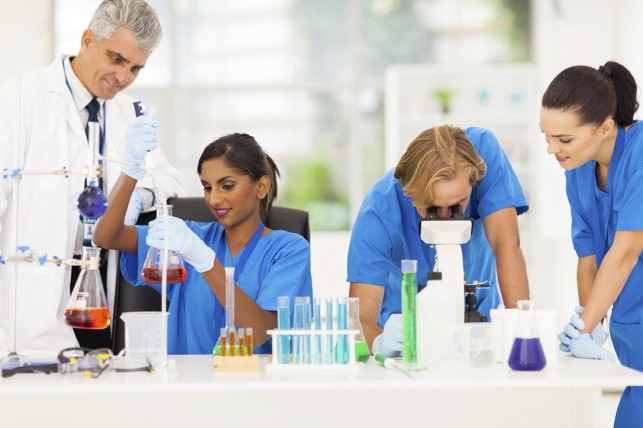
Ultimately, it’s your choice
So what it does it mean? Next time you buy a cosmetic product, think twice. A number of cosmetic companies clearly state that they do not practice animal testing. You could a bit of research as well. But remember, your choice can make a difference to thousands of animals locked in cages who might never see sunshine again.
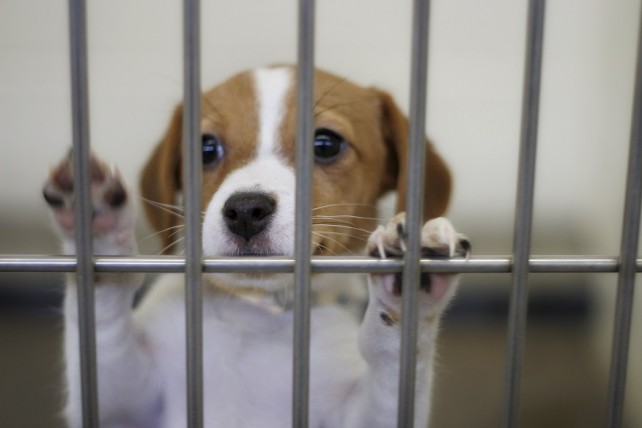
Be beautiful, guilt free!

OMG-inducing, share-compelling, like-attracting, clutter-breaking, thought-provoking, myth-busting content from the country’s leading content curators. read on...
